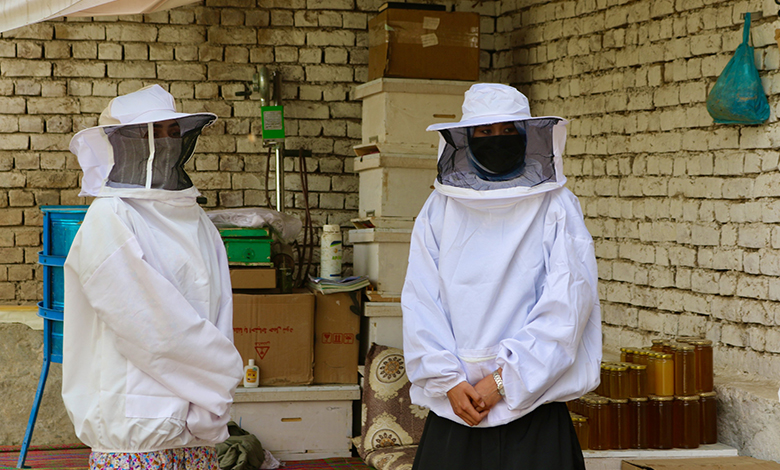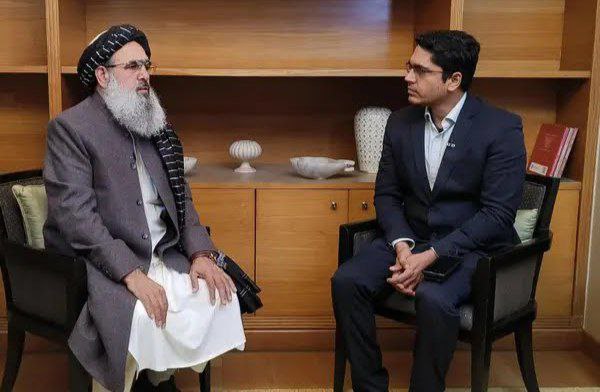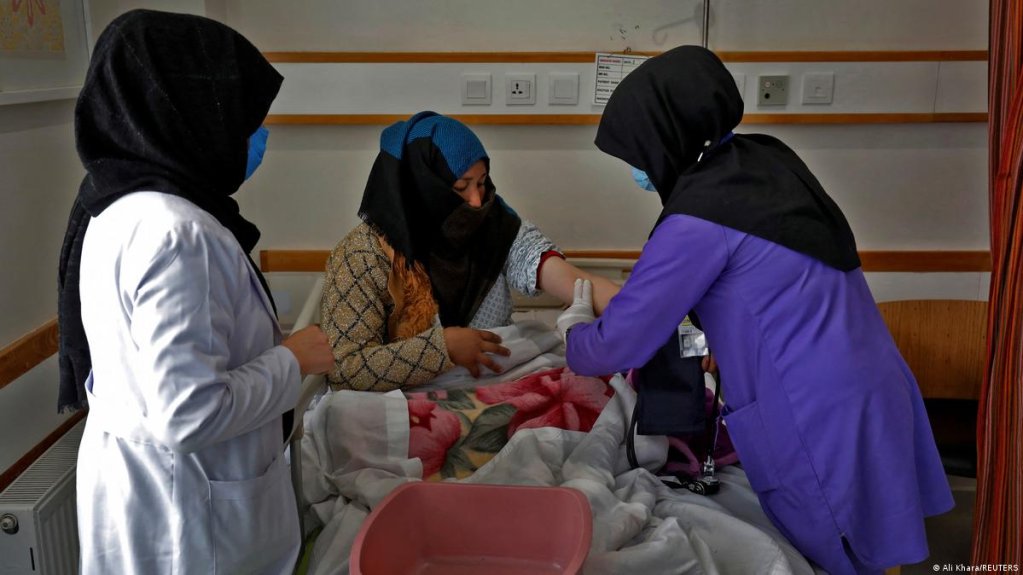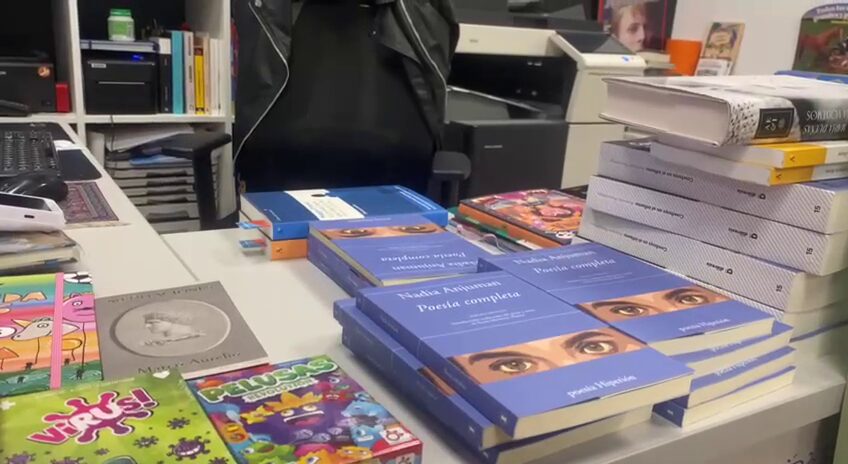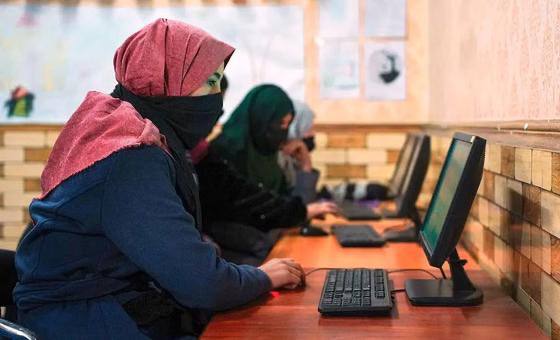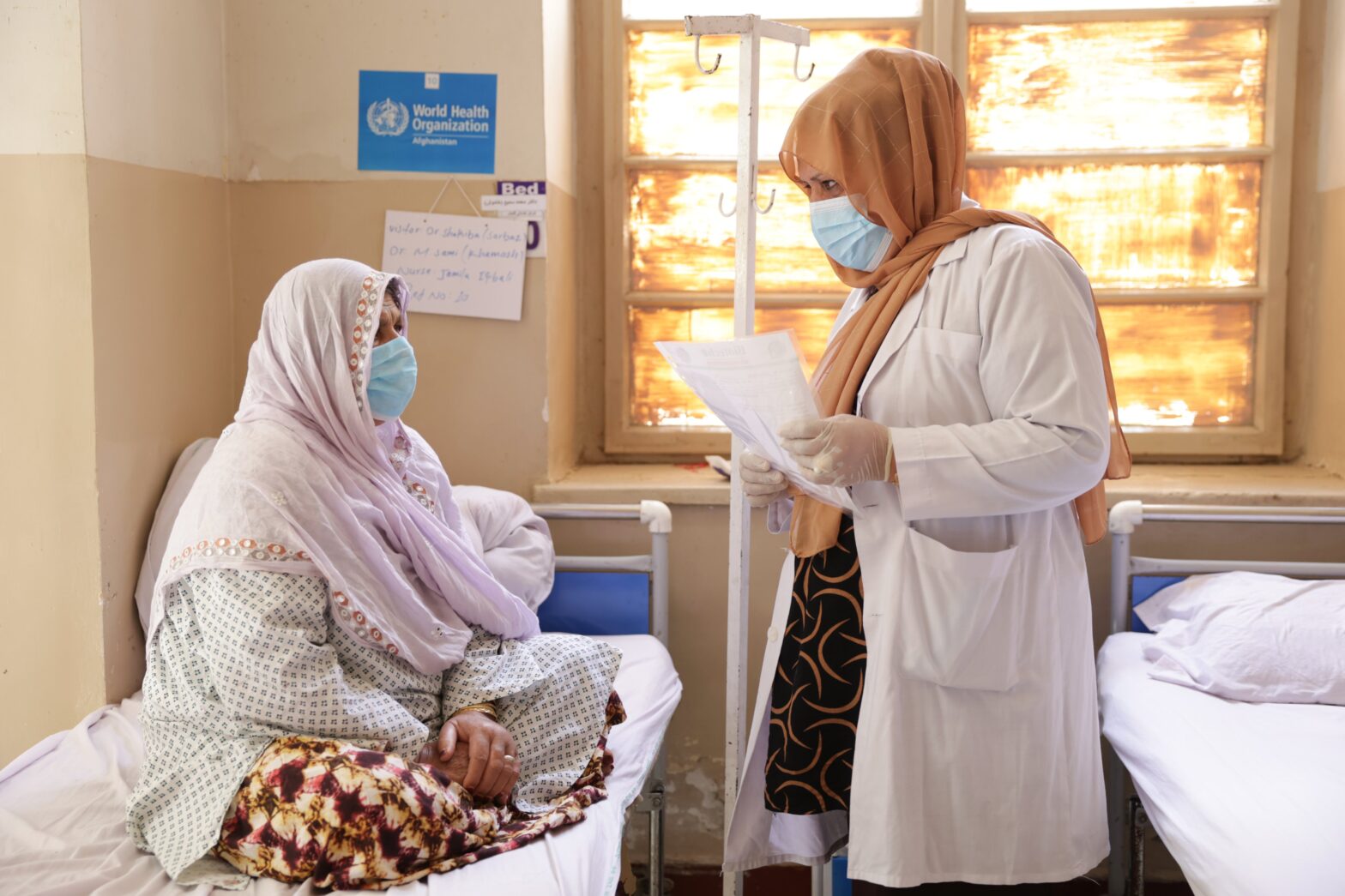
The World Health Organization (WHO) has recently stated that women and mothers around the world need high-quality health care that supports them physically and mentally before childbirth, during delivery, and after birth. In a statement published on its X (formerly Twitter) account, the organization said that health systems must evolve to address the multiple challenges related to maternal and newborn health. According to part of the WHO report, these challenges include direct obstetric complications, mental health disorders, non-communicable diseases, and family planning. The World Health Organization further emphasized that investing in maternal and newborn health helps improve their quality of life. These remarks come at a time when Afghanistan’s health system has been severely damaged, and access to health services—especially for women and pregnant mothers—has significantly declined. The lack of medical specialists, particularly in women’s health, the absence of health centers in remote and conflict-affected areas, have been cited as some of the main factors contributing to maternal deaths during childbirth in Afghanistan. Following the return of the interim government and the closure of schools and universities to girls, concerns have increased over a shortage of medical staff across Afghanistan. At the same time, international organizations have repeatedly warned that the current maternal mortality rate in Afghanistan is among the highest in the world and have expressed concern about the further deterioration of the situation.

